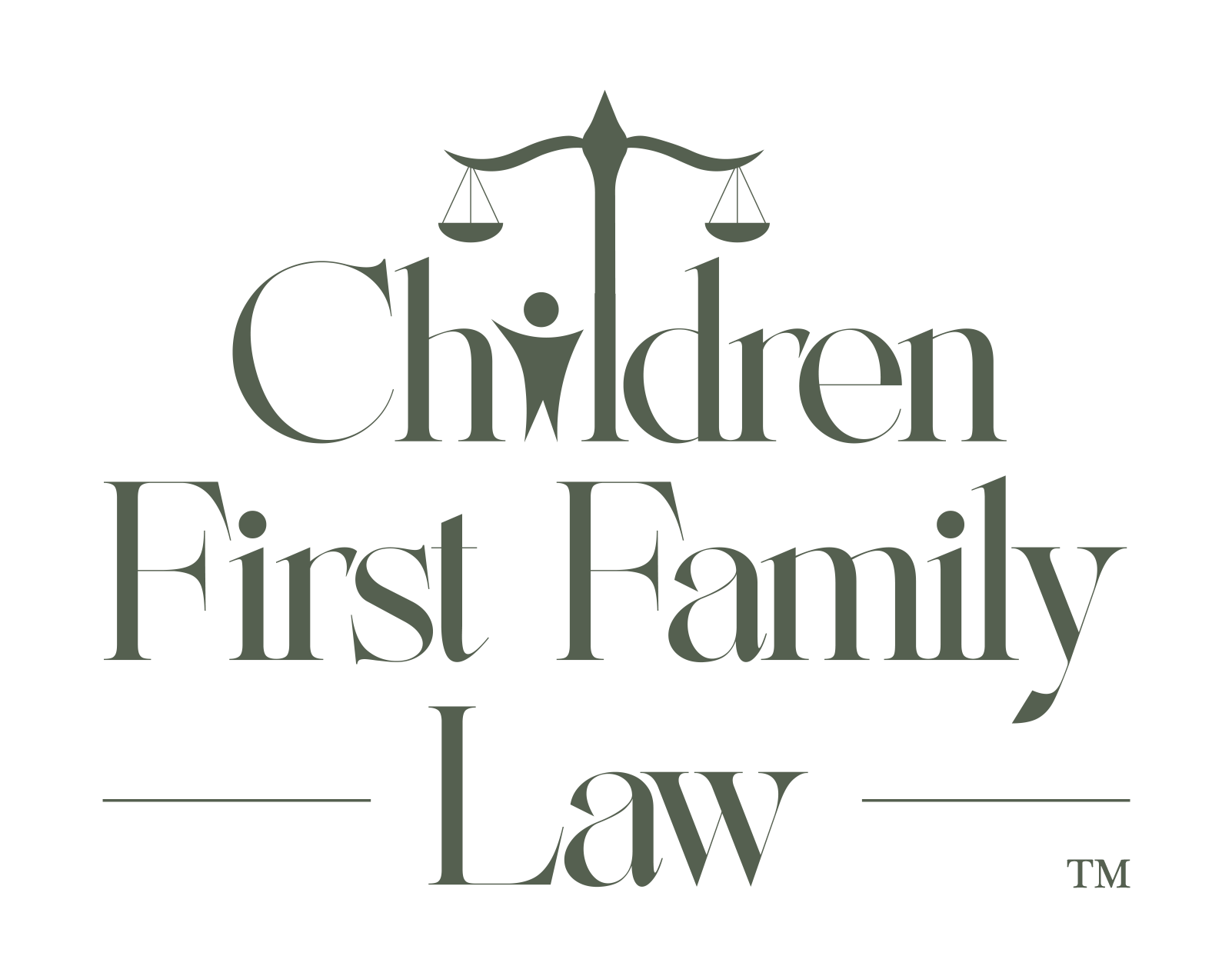In Colorado family law, a Child’s Legal Representative (CLR) plays a pivotal role in ensuring prioritization of a child’s best interests during legal proceedings. Unlike other roles, such as Child and Family Investigators (CFIs) or Parental Responsibilities Evaluators (PREs), CLRs are appointed by the court to actively represent the child’s welfare throughout the case.
Krista Nash, a seasoned family law attorney and Certified Legal Representative (CLR) in Colorado, outlines an 11-step approach to effectively advocate for children involved in high-conflict divorce and custody disputes. This method emphasizes early intervention, thorough assessment, and collaborative problem-solving to support the child’s well-being.
Understanding the Role of a Child’s Legal Representative
A CLR is appointed when the court determines that a child’s best interests need dedicated legal representation. This often occurs in cases involving:
- High-conflict parental disputes
- Allegations of abuse or neglect
- Complex custody arrangements
- Concerns about a child’s safety or well-being
The CLR’s primary responsibility is to provide the court with an informed perspective on what arrangements serve the child’s best interests, considering all aspects of the child’s life and family dynamics.
Krista Nash’s 11-Step Approach to CLR Advocacy
Krista’s comprehensive method includes:
- Initial Case Review: Analyzing court documents and prior reports to understand the case background.
- Parent Interviews: Meeting with each parent to gather their perspectives and concerns.
- Home Visits: Observing the child’s living environments to assess safety and stability.
- Child Interviews: Engaging with the child in a developmentally appropriate manner to understand their experiences and wishes.
- Collaboration with Professionals: Consulting with therapists, educators, and other relevant professionals involved in the child’s life.
- Safety Assessments: Evaluating any risks related to domestic violence, substance abuse, or other safety concerns.
- Negotiation and Mediation: Facilitating discussions between parents to reach amicable agreements when possible.
- Court Representation: Advocating for the child’s best interests during hearings and legal proceedings.
- Monitoring Compliance: Ensuring that court orders and agreements are followed and continue to serve the child’s needs.
- Ongoing Communication: Maintaining regular contact with all parties to promptly address emerging issues as they arise.
- Final Recommendations: Providing the court with well-informed suggestions for long-term arrangements that support the child’s welfare.
The Importance of Early Intervention
Early involvement of a CLR can significantly impact the outcome of family law cases. By addressing issues proactively, CLRs help prevent the escalation of conflicts and reduce the emotional toll on children. Their active participation ensures that the child’s voice is heard and considered in all decisions affecting their future.
Differentiating CLRs from Other Roles
While CFIs and PREs conduct evaluations and provide reports to the court, CLRs offer continuous legal representation for the child throughout the case. This ongoing involvement allows CLRs to adapt to changing circumstances and advocate for the child’s needs in real-time, providing a dynamic and responsive approach to child advocacy.
Conclusion
The role of a Child’s Legal Representative is integral to safeguarding children’s interests in Colorado family law proceedings. Through a structured and empathetic approach, CLRs like Krista Nash ensure that children’s voices are at the center of legal decisions that shape their lives.
For more insights into the CLR role and Krista’s 11-step approach, listen to Episode 037 of The Children First Family Law Podcast.
If you want to learn more about The Children First Family Law Podcast, check out www.childrenfirstfamilylaw.com/colorado-family-law-clr-role-custody-parenting.
